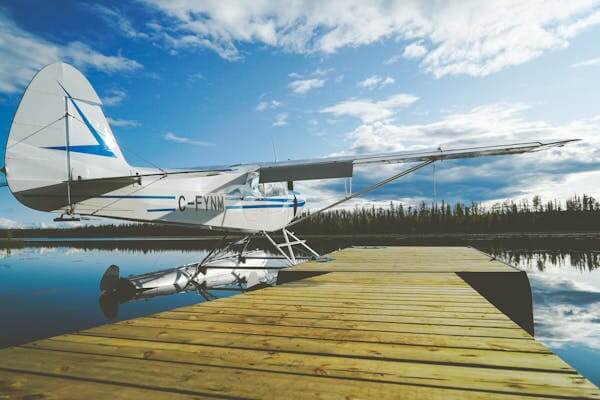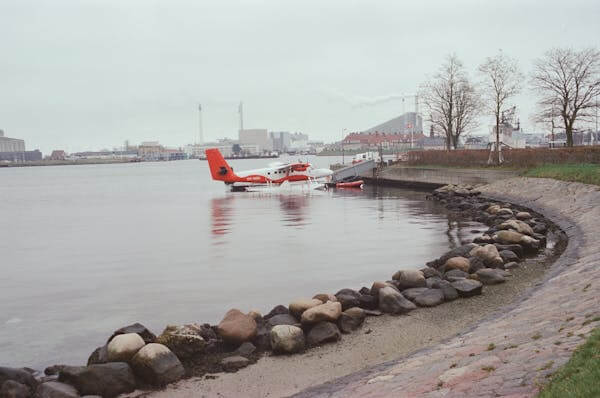Hydroplane
Hydroplanes, whether boats or aircraft, operate using principles that reduce friction and increase speed by “skimming” over water or surfaces. Let’s delve into their history, uses, safety concerns, and environmental considerations.
What is a Hydroplane?

It is a vehicle designed to glide over water surfaces.
- In boating, they are highly specialized vessels.
It rely on hydrodynamics to achieve extreme speeds, often used in racing.
- In aviation, hydroplaning refers to the loss of tire grip on wet runways.
It can lead to reduced braking efficiency and steering control.
Hydroplane Boats: A Closer Look
The boats use unique designs, such as sponsons and powerful engines, to minimize drag by lifting the hull off the water. This design, popularized in racing, allows for incredible speed but also requires expert handling due to stability challenges.
History and Evolution
- Hydroplanes boats date back to the early 20th century.
- It became prominent in competitions like;
“Unlimited Hydroplane Racing.”
- Modern versions incorporate advanced materials for lightweight and durability.
- Evolving from wooden frames to carbon fiber bodies.
Safety and Handling
High speeds demand skillful navigation, particularly in choppy waters. Drivers must account for constantly changing conditions, which influence stability and speed performance. Protective gear and safety protocols are paramount for avoiding accidents.
Environmental Impact
Racing hydro-planes can disrupt aquatic ecosystems due to noise, wake turbulence, and potential fuel leaks. Efforts to minimize these impacts include cleaner engine technologies and stricter regulations on where and how races occur.
Aircraft and Hydroplaning
Hydroplaning in aviation happens when:
- A layer of water on a runway creates a slippery surface.
- Causing tires to lose traction.
Types of Hydroplaning
Dynamic Hydroplaning
Occurs at high speeds when water lifts the tire completely off the ground.
Viscous Hydroplaning
This happens on very thin water films and smooth surfaces, even at low speeds.
Reverted Rubber Hydroplaning
Intense braking can create heat, vaporizing water and reducing traction.
Safety Measures
Pilots undergo training to identify and mitigate risks. Regular pre-flight planning includes considering weather conditions and runway textures to ensure safe operations. Advanced tire designs and runway grooving are common countermeasures.
Hydroplane: Modern Relevance
It continue to fascinate due to their engineering marvels and extreme performances. They are used in sports, rescue missions, and sometimes as educational tools to study fluid dynamics.
However, balancing their thrilling aspects with environmental responsibility and safety remains crucial.
For more detailed insights into hydro-planes dynamics, visit sources like:
ps://Pilot Institute
dro/facts.php) and Pilot Institute.
Experience the Thrill of Hydroplanes!
The hydroplanes world offers something for everyone.
Share this guide with fellow enthusiasts or comment below with your hydroplanes experiences!







